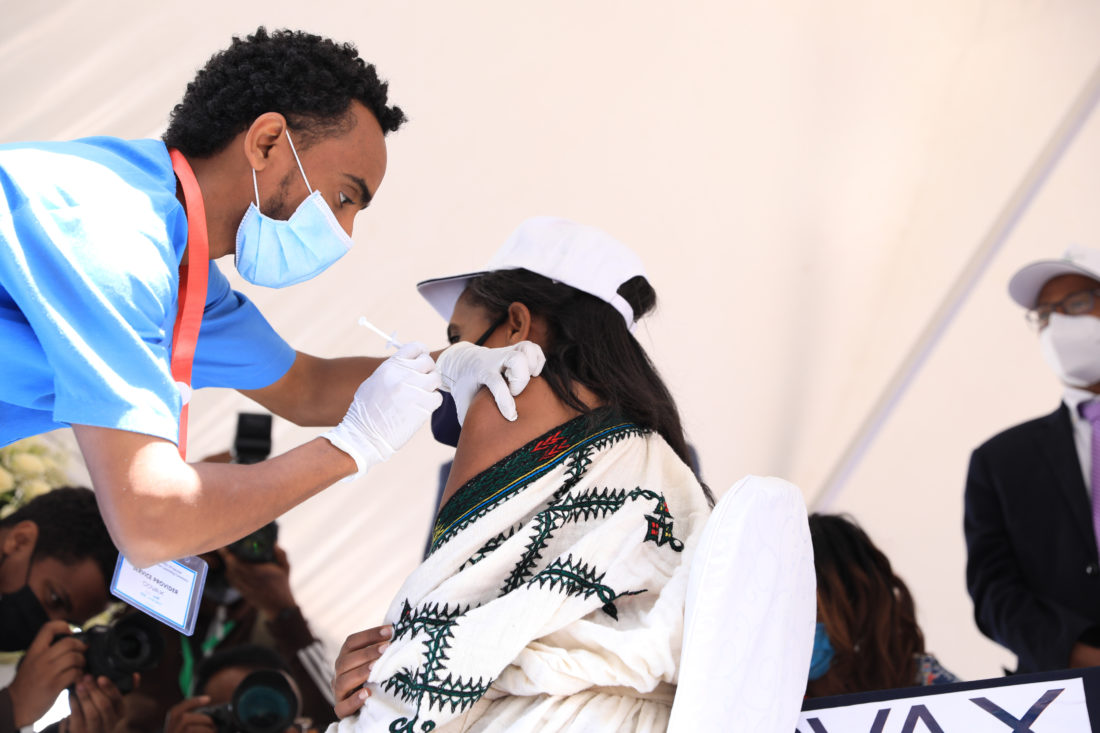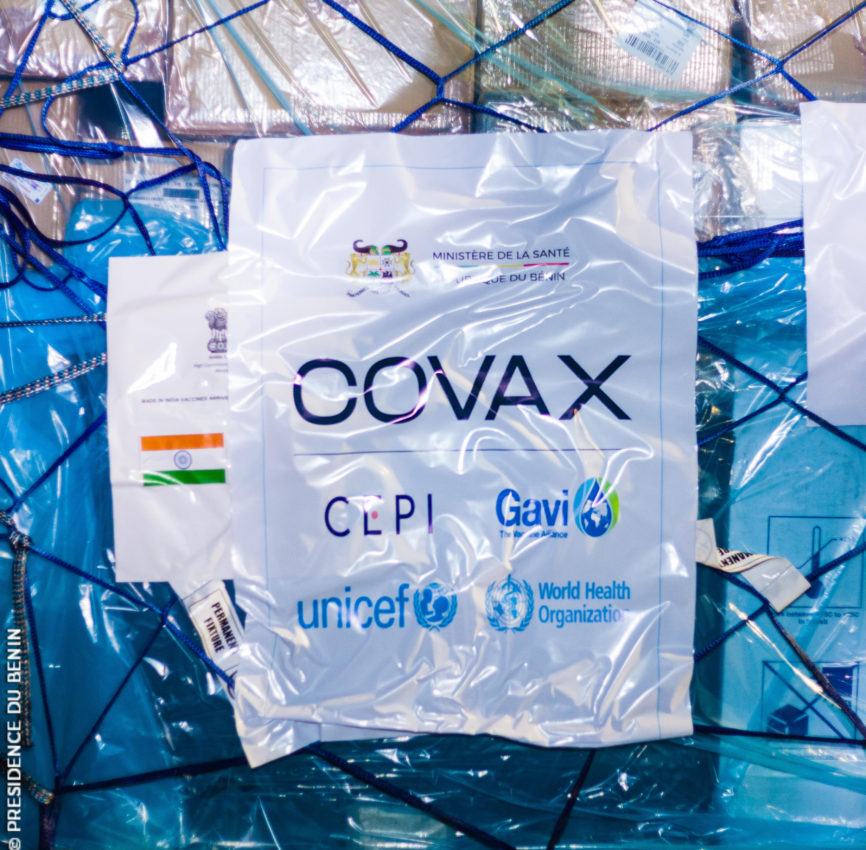
A year into a pandemic that has had devastating health and economic consequences, much of the world, including Canada, has yet to learn an important lesson — we live in a global system, and without global access to vaccines, the pandemic will not be over.
Everyday, I closely watch the percentage of Canadians vaccinated slowly increase. So far over 11 per cent of the population has received at least one dose of the vaccine.
While this pace might seem unbearably slow to some, and others may be frustrated with Canada’s ability to procure vaccines, it’s worth taking a look at vaccine distribution in the broader global context.
According to the World Health Organization, countries representing less than 20 per cent of the world’s population have acquired more than 60 per cent of the global vaccine supply. Canada is at the very top of that list. We have procured more doses per capita than any other country in the world.
The Joint United Nations Programme on HIV/AIDS has warned that rich nations are vaccinating one person every second while the majority of the poorest nations have yet to give a single dose. UN Secretary-General António Guterres has said that just 10 countries globally have administered 75 per cent of all vaccinations.
These numbers are just the tip of the iceberg in what has become an enormous and inexcusable vaccine disparity that leads to serious moral and epidemiological consequences.
This pandemic has affected nearly every country in the world, and by extension almost every facet of every person’s life, particularly in regards to health and financial security.
Yet, as this vaccine disparity illustrates, only a very small fraction of the world’s population has access to the COVID-19 vaccine, labelled as one of the most effective tools to combat the pandemic.
This inequitable access to vaccines only further increases the divide between wealthy and lower-income countries. Without significant efforts to mend this inequity, it will continue to perpetuate the harmful narrative that some lives matter more than others.
In Canada and globally, a growing conversation around inequity, privilege and challenging systemic discrimination has been brought into the mainstream. Last year, thousands of Canadians marched in support of the Black Lives Matter movement. Now is the time to test if our words and claims of compassion and equality hold water.
There are also important epidemiological concerns.
The more the coronavirus spreads uncontrolled around the world, the more likely it is that new variants will arise. Variants that the vaccines in use today may not be as effective against, threatening to extend the pandemic. To compound the enormous human and health costs, the longer the COVID-19 is prolonged globally, the greater economic suffering Canada will endure.
Simply put, Canada’s experience with the pandemic will not be over even if everyone within our borders is vaccinated.
So what should Canada be doing?
Dr. Simone Horwitz, a history professor at the University of Saskatchewan and an expert in the history of medicine, says that all wealthy countries should be purchasing vaccines “on a one to one basis” and contributing to COVID-19 Vaccines Global Access.

“For every vaccine or maybe for every two vaccines we purchase for ourselves, we should be purchasing vaccines to donate to COVAX, to donate to lower and middle-income countries,” Horwitz said.
COVAX is an international vaccine-sharing initiative led by the World Health Organization, Coalition for Epidemic Preparedness Innovations and Gavi, The Vaccine Alliance. Launched in April 2020, it has the ambitious goal of accelerating the development of COVID-19 vaccines and guaranteeing fair and equitable access for every country in the world.
Horwitz stresses the need for Canada to lead the global vaccination effort while “not turning our back on the developing world at this point.”
This will not only help combat the pandemic, but also the deep inequalities that exist between the developed and developing world. Horwitz says that purchasing vaccines on a one-to-one basis shows a “real faith in humanity and real faith in providing the vaccine, and shows people in the developing world that we see them as equal.”
But the effort to vaccinate globally cannot stop with distribution.
Horwtiz says that efforts must be made to build back the trust of people of colour and people in developing countries in medicine. She says that science and medicine often used people of colour in developing countries “to experiment on [and] test drugs on unethically.”
“It’s about empowering people to be able to understand. It’s about translation,” Horwitz said. “It’s about making sure people can read the stories about the vaccines … in a language they understand.”
Horwitz says it’s important “for companies to acknowledge they’ve done wrong in the past, for big corporations to acknowledge they’ve done experimentation on people in the developing world.”
Last July, Prime Minister Justin Trudeau wrote an op-ed for the Washington Post along with other world leaders that stated “we must urgently ensure that vaccines will be distributed according to a set of transparent, equitable and scientifically sound principles. Where you live should not determine whether you live.”
Powerful words, yet in February, Canada requested 1.9 million vaccine doses from COVAX.
While the frenzy to vaccinate every Canadian is understandable — we all want an out from this pandemic — we must remember that to overcome this pandemic, Canada has to live up to its responsibility and commitment to global health.
That starts with taking an active role in ensuring global and equitable access to vaccines, because every person’s life should matter, regardless of where they reside geographically.
This op-ed was written by a University of Saskatchewan undergraduate student and reflects the views and opinions of the writer. If you would like to write a reply, please email opinions@thesheaf.com. Vaidehee Lanke is a third-year undergraduate student studying bioinformatics and is the Opinions Editor at The Sheaf Publishing Society.
—
Vaidehee Lanke | Opinions Editor
Photos: UNICEF Ethiopia and Présidence de la République du Bénin via Flickr
Leave a Reply